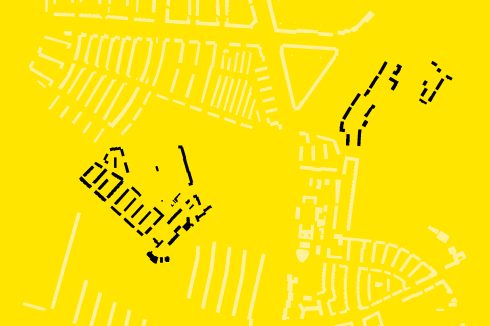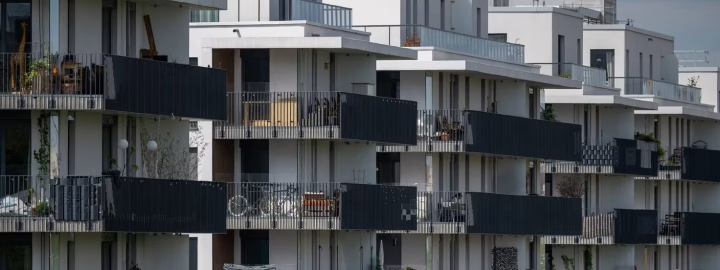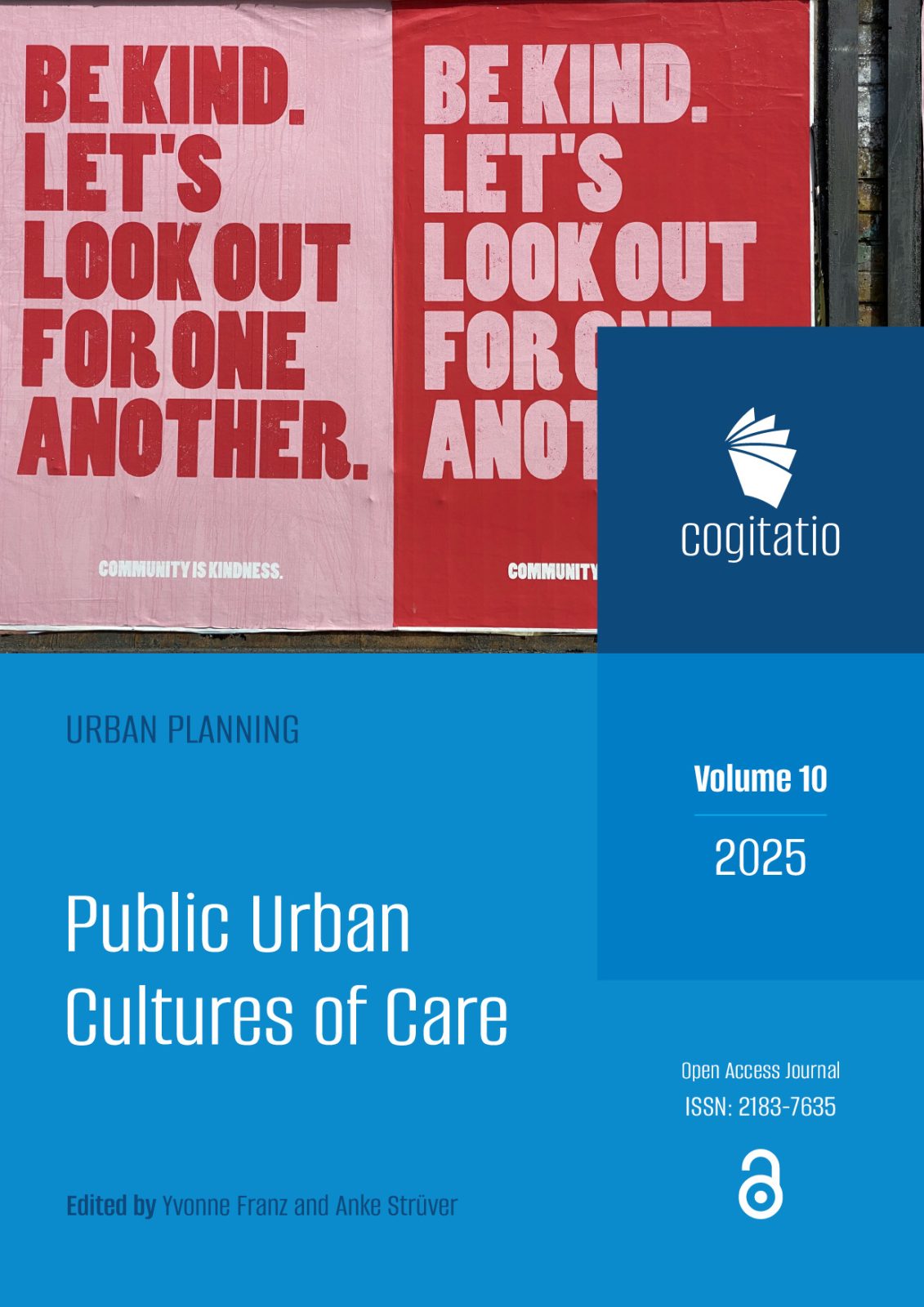Societal transformation and spatial materialization of housing
Profile of the Research Training Group
Welcome to the website of the DFG Research Training Group ‘Societal Transformation and Spatial Materialization of Housing’. The Research Training Group is a joint program of the Bauhaus-Universität Weimar and the Goethe-Universität Frankfurt am Main.
It investigates the constant and multi-layered transformation of housing from an inter- and transdisciplinary perspective. The research focuses on the complex interdependency between societal change and the spatial materialization of housing and its significance for the sustainable and socially suitable strategy of housing provision.
More than 20 doctoral and postdoctoral candidates and an interdisciplinary team from geography, sociology, and art history, as well as urban planning and urban development, landscape architecture, housing, infrastructure economics, and human-computer interaction, are currently conducting research together.





